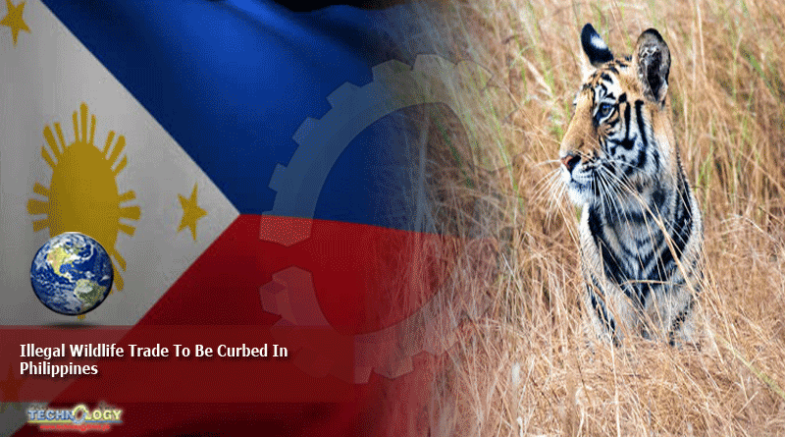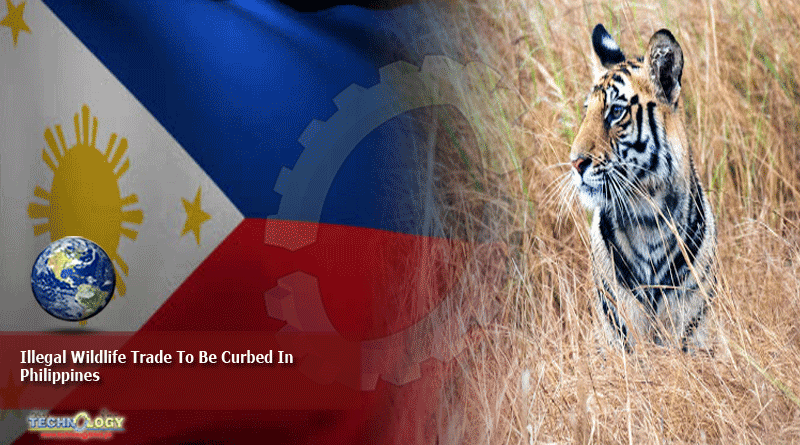In Collaboration With The Government, NIRAS Asia Manila Has Paved The Way For A Study That Will Assess The Trade, Tourism And Ecological Value Of Marine Turtles, Illegal Wildlife

And blue-naped parrots as part of its efforts to combat illegal wildlife trade in the Philippines.
Illegal Wildlife, The said initiative was done through a recent expert counsel with the Asian Development Bank (ADB) and the Department of Environment and Natural Resources-Biodiversity Management Bureau (DENR-BMB)
Led by environmental economist Agustin Arcenas, the report analyzed the monetary value and ecosystem benefits derived from marine turtles and blue-naped parrots, representing some of the country’s most iconic wildlife.
“The study aims to convince decision-makers that many animals are worth more alive than dead by assessing the trade, tourism and ecological value of marine turtles and blue-naped parrots,” Arcenas said.
Illegal Wildlife, NIRAS Asia Manila believes that the reasons for conserving wildlife range from the moral obligation to prevent extinction to more pragmatic reasons like wildlife tourism or the
Protection Of Natural Systems That Benefit Local Communities.
The Philippines is a hotspot of biodiversity but also hub for illegal wildlife trade (IWT), having served as an illegal transshipment point for elephant ivory, as a source country of wildlife and wildlife byproducts such as pangolins and marine turtles, as well as a destination of trades, such as parrots kept as pets.
“People know that wildlife play an important role in balancing the environment, but their economic value has never been taken seriously,” said DENR-BMB Wildlife Resources Division Officer-in-Charge Theresa Tenazas.
Illegal Wildlife, “This study can finally give our enforcers, law practitioners, prosecutors and judges the correct valuation of wildlife – preventing the dismissal of wildlife cases because of the inability to establish their economic value, an argument often used by offenders to escape conviction,” she added.
Currently, the DENR-ADB/Global Environment Facility is pushing for stronger legal reforms against IWT, including enhanced capacity-building for law enforcers, and demand reduction measures targeting consumers.
“Biology, conservation science and economics must be meshed together to defeat the illegal wildlife trade and we are glad to see that the Philippines is taking a leading role in this,” said ADB environmental specialist Francesco Ricciardi.
This news was originally published at manilatimes.net
